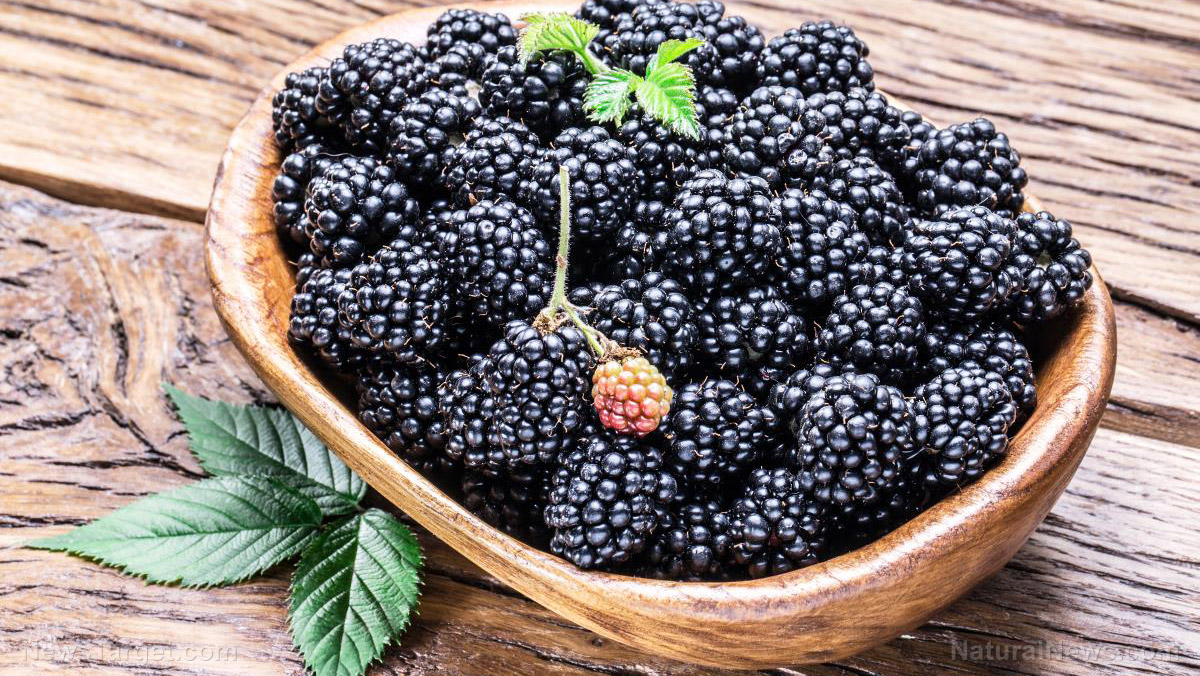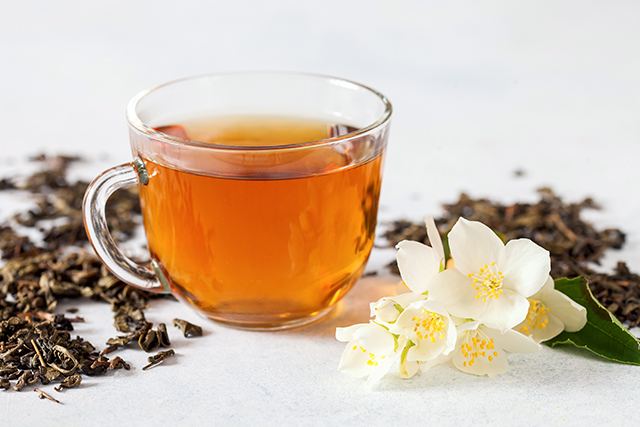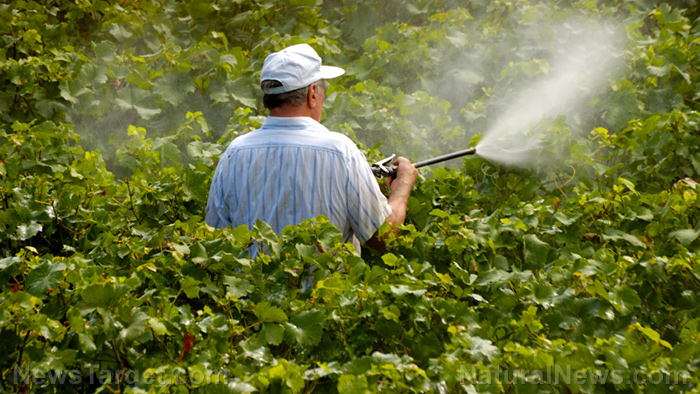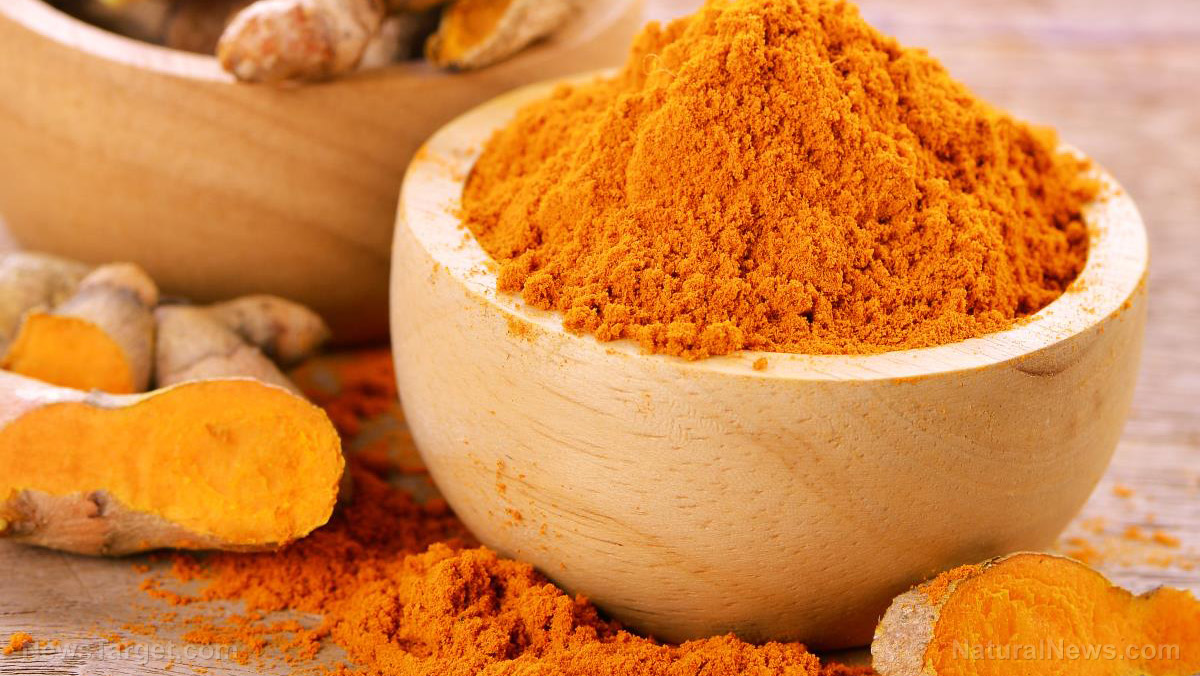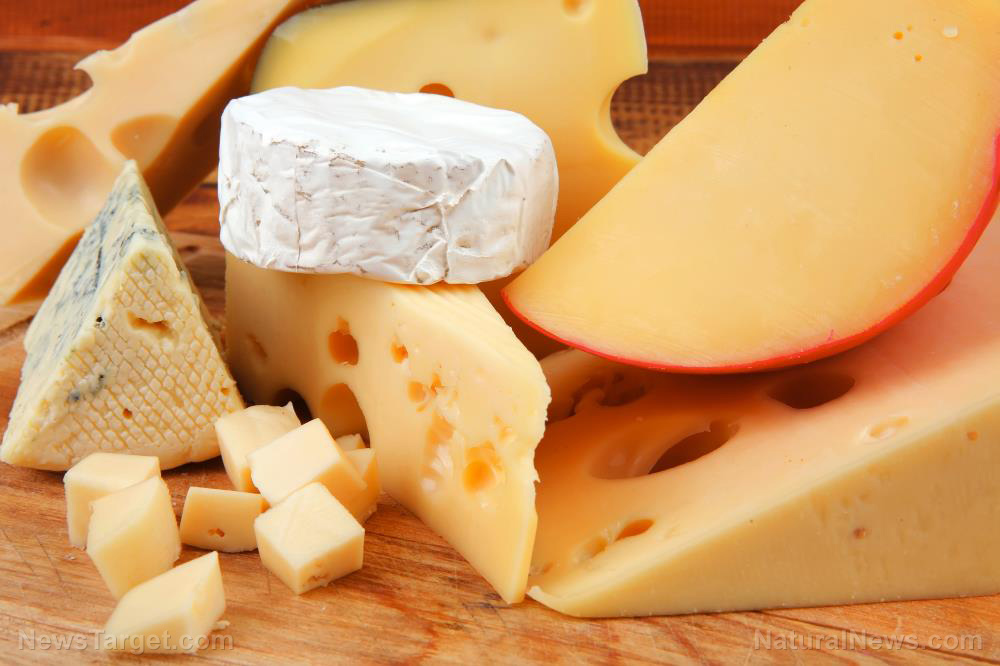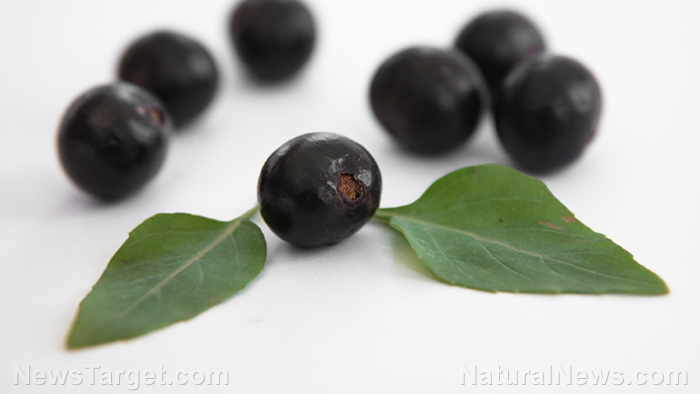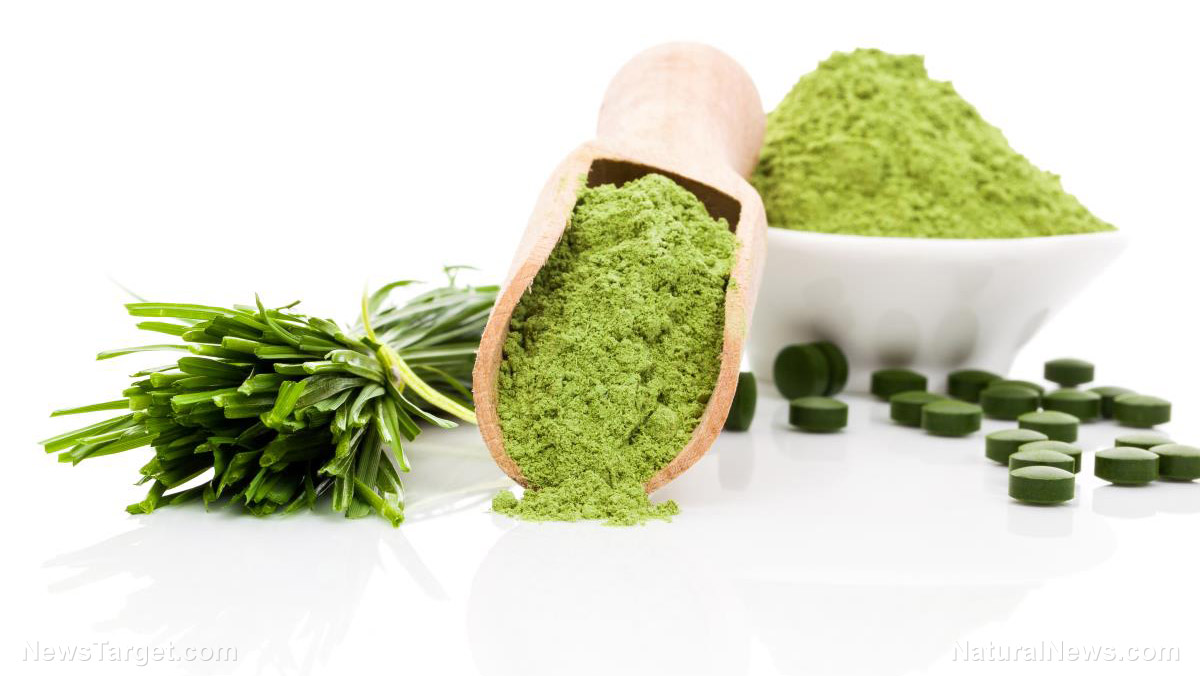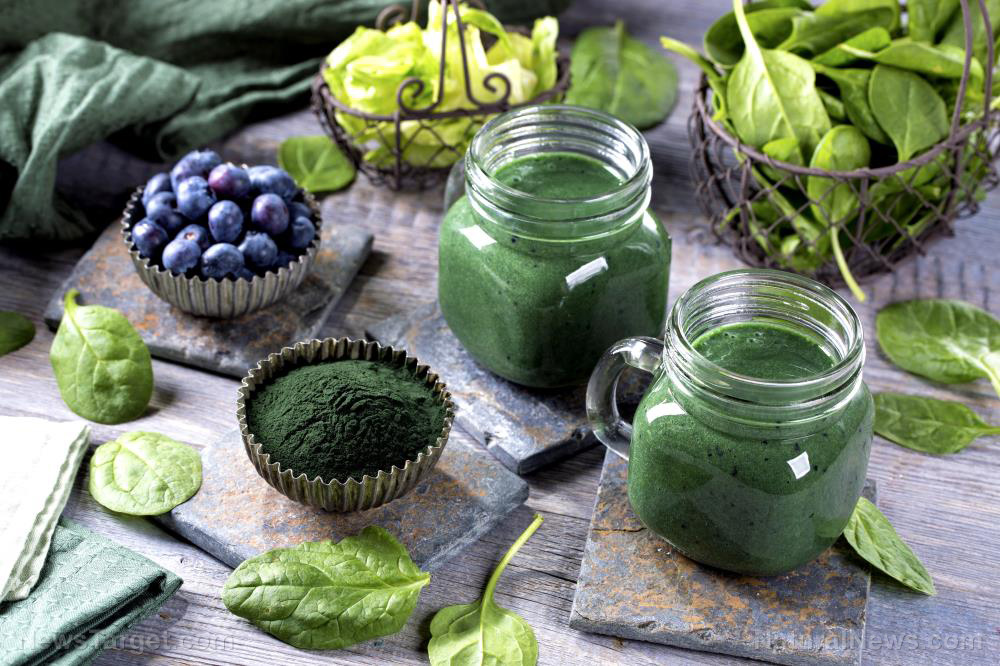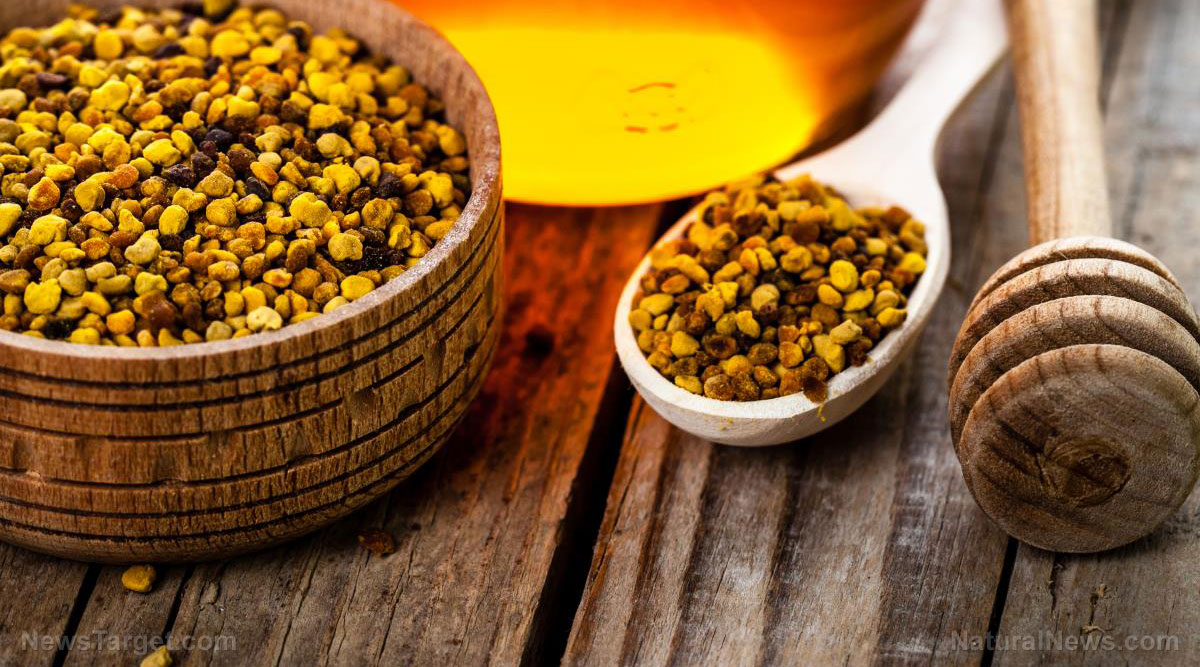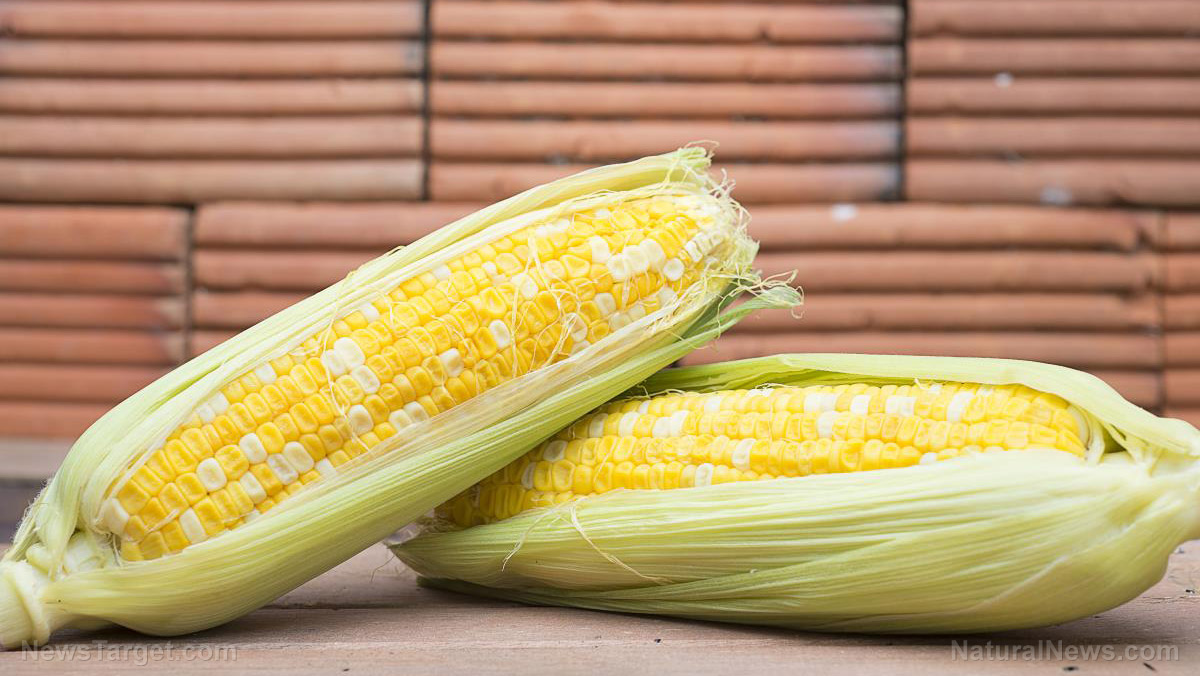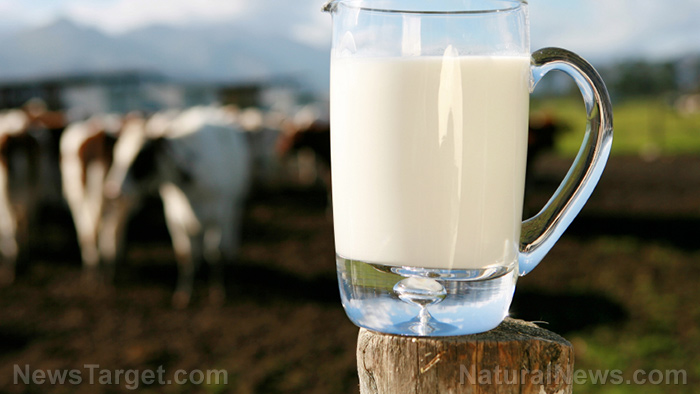Natural flock management: Essential oils improve egg quality
03/11/2018 / By Janine Acero
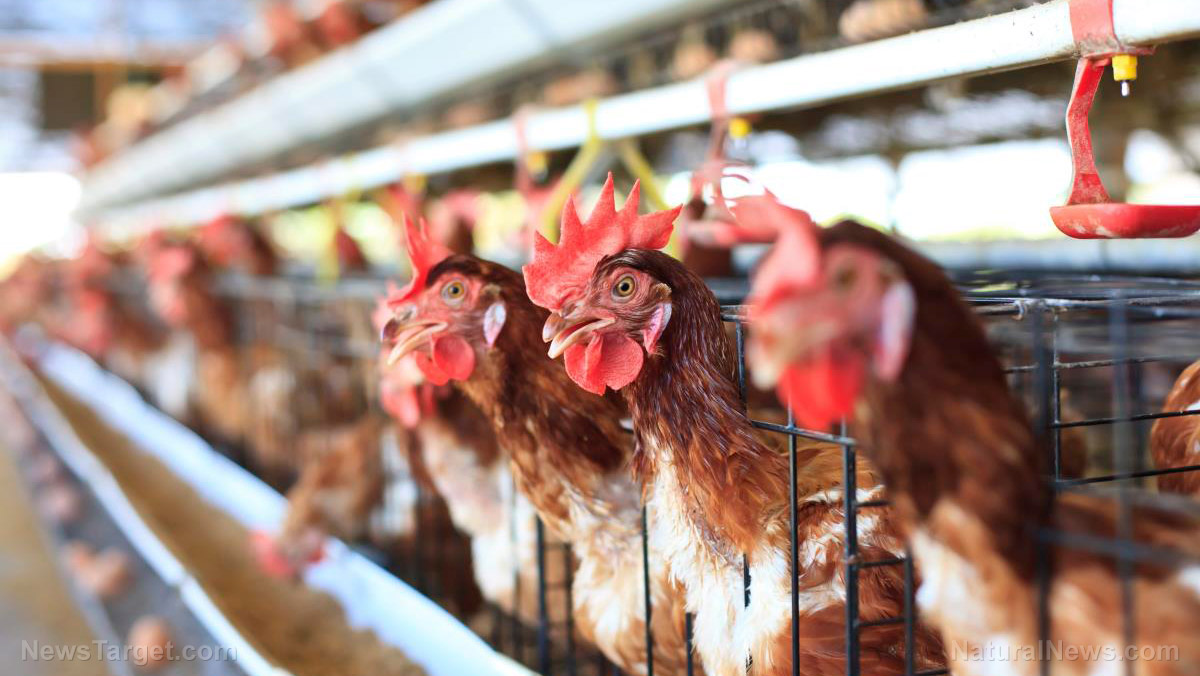
Essential oils, which are derived from plant materials, have been used extensively in traditional medicine in treating and healing many health conditions, but did you know that some essential oils are used as food additives for poultry? One study focused on the beneficial effects of poultry diets supplemented with essential oils, particularly on improving laying hen performance and egg quality.
Previous research on egg-laying hens found that feed solutions supplemented with thyme, sage, and rosemary essential oils and essential oil mixtures improved performance, immune response, and eggshell quality of hens.
In this study, published in Animal Nutrition, the researchers analyzed a total of 960 Lohmann Brown laying hens (Gallus gallus domesticus) aged 53 weeks under four different treatment diets supplemented with Enviva EO at concentrations of 0, 50, 100 and 150 mg/kg respectively, for 12 weeks (54 to 65 weeks).
The 12-week period was divided into three periods of four weeks’ duration each. The hens used in the experiments were fed mash diets formulated with maize and soybean meal.
Treatment groups whose diets were supplemented with Enviva EO at moderate (100 mg/kg) and high (150 mg/kg) concentrations showed a significant increase in protein digestibility, while the supplementation decreased fat digestibility.
In general, the result of the experiments suggested that Enviva EO supplementation significantly improved egg production and feed conversion ratio, and increased protein digestibility in the eggs, as well as the thickness of eggshells.
The researchers posit that Enviva EO at low doses (50 mg/kg) may be beneficial when added in feed solutions for laying hens for improved egg production and quality.
Benefits of essential oils for poultry
According to Dr. Tim Johnson of the University of Minnesota, essential oils have been known to offer the following benefits:
- Simulate digestive enzymes
- Improve the tissue structure (histology) of the gut
- Suppress bacteria growth
- Inhibit fungal development
- Stop viruses from replicating
- Reduce inflammation or swelling
- Prevent oxidation of cells
- Act against Coccidia parasites
- Regulate immune response
- Have a calming effect
However, due to the sheer number of essential oils available, Johnson recommends looking at oils with a proven track record of improving poultry performance.
“Read beyond the abstracts to get some of the details about what was actually done and what it means,” said Johnson. “It’s very easy to take data and put claims behind it, so I think it’s really important to look at the results and what they mean in the context of the questions that you’re asking.”
Other studies have investigated the benefits of essential oil blends on other livestock. One study, published in Meat Science, analyzed the effects of an essential oil blend comprising of oregano, garlic, lemon, rosemary, thyme, eucalyptus and sweet orange on the overall meat and fat quality of cattle.
Essential oils for chicken care
Using essential oils can be a good natural approach to animal care. Below are some oils that are great for chicken keeping. Note that it is important to use diluted oils – some essential oils such as oregano can burn the skin in their pure concentrated form.
- Cleaning – Citrus fruits such as lemons have natural disinfecting capabilities. You can make a homemade coop cleaner that will be easy on your chicken’s respiratory tract by mixing 25 drops of lemon essential oil to one part vinegar and one part water. Mix this solution to get a homemade spray to disinfect coop bedding, feed bowls, water fountains, and cages, and the chicken crate used as a hospital for your sick or injured birds. Rinse well before re-using.
- Healing wounds – You can make a potent ointment for healing sores, cuts, scrapes, and open wounds by mixing four ounces of solid coconut oil, 12 drops lavender essential oil, and 12 drops frankincense. Melt the coconut oil, add the essential oils and mix. Allow it to harden in the container. The paste can be scooped out with fingers or popsicle stick to apply to wound. The ointment softens quickly and smells pleasant too.
- Feed additive – Using heavily diluted oregano essential oil has been shown to be a good feed additive for your poultry for benefits such as wound care, management of intestinal worms, and a natural replacement for routine antibiotics in flock health care.
Visit EssentialOils.news to find more stories on the benefits of these liquid gold in animal care.
Sources include:
Tagged Under: benefits of essential oils, chicken care, chicken keeping, chickens, egg quality, eggs, Enviva EO, essential oils, feed additives, flock management, food supply, livestock, natural medicine, Poultry, poultry diets

